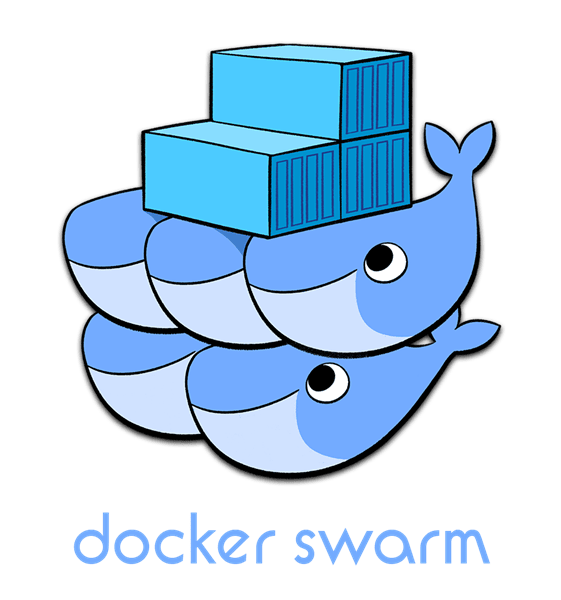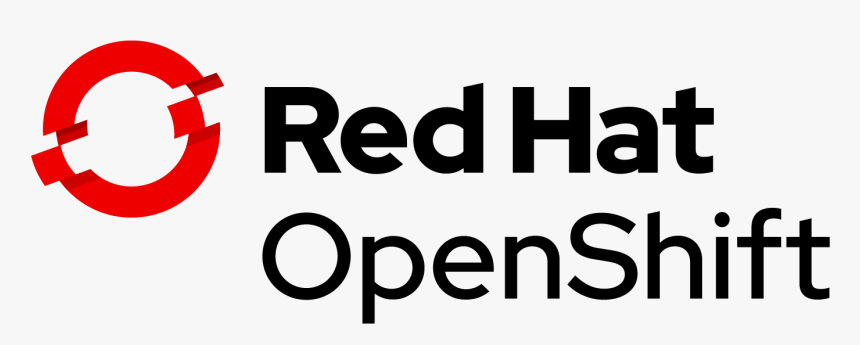Containerization is becoming increasingly popular as the method makes it easier for developers to write code. However, optimizing and managing containers effectively requires DevOps specialists to use container orchestration systems. These tools are usable in the cloud or locally.
Let’s take a closer look at containerization systems and check out the top five of them.
Read: How to Fix “DNS Server Not Responding” Error
Orchestration Systems: Flexible Container Management
Containerization or container management services enable you to fragment and wrap your code into containers, i.e., independent blocks. These containers are standalone and run in any environment if used with the same settings.
Container orchestration technologies help developers who work on large-scale projects optimize and manage containerized microservices faster. For example, these systems let you automate planning, deployment, scaling, and balancing of load. After completing all the tasks, orchestration systems rearrange independent containers into the application.
Most Popular Orchestration Tools
The DevOps services market offers many container orchestration platforms. Read on to meet the most popular tools and check out their features.
1. Kubernetes

Many developers use this platform as a standard orchestration tool. Kubernetes is an open-source orchestration system that helps you automate your application scaling and supports declarative configuration. Developers can use horizontal autoscaling, self-healing, auto-restart, and template deployment.
With Kubernetes container orchestration, you can set up automatic management of container services and workload. In addition, the platform enables you to automate rollbacks and deployments and manage sensitive data.
The system is compatible with Windows, Linux, and macOS.
2. Docker Swarm

This tool helps you automatically scale services and control access to them. One of the advantages is a relatively fast setup process that takes less time than Kubernetes. The platform is a perfect fit for those who are ready to manage their in-house infrastructure.
Docker Swarm offers load balancing, decentralized design, dynamic role management, and incremental updates. Users can choose from several security options and opt for a convenient networking mode.
The tool supports Linux, macOS, and Windows operating systems.
You will also like: How to Open PY Files
3. OpenShift Container Platform

This enterprise-grade orchestration system offers the development, deployment, and management of containerized applications in PaaS mode. The platform works with desktop applications and their components in a self-service mode. You can automate processes in both public and private or hybrid cloud environments. The platform is usable in a virtual or physical cloud.
One of its advantages is that applications powered by the platform are also usable in other orchestration systems that support Docker containers. This tool offers scheduling, clustering, autoscaling, and load balancing features, plus built-in orchestration tools for developers.
OpenShift Container Platform is usable for both stateful and stateless applications, as it enables you to provision persistent storage for Linux containers.
The platform supports Linux OS.
4. Rancher

This system is used for containers in open-source production environments. Rancher container orchestration is best for cloud solutions and physical hardware. The platform offers top-level container orchestration and scheduling frameworks such as Kubernetes, Swarm, and Mesos.
The system enables you to use several clouds concurrently and gives you the following features:
- Load balancing
- Flexible user authentication plugins
- SDN private networks for all environments
- Data storage
- Distributed DNS service
- Built-in management tools for sensitive information
Rancher enables you to control access through roles (RBAC) at the environment level. This way, users and groups can grant or deny access to development or production systems.
The system is compatible with Linux.
5. Nomad

This flexible, easy-to-manage orchestration tool streamlines the work of running desktop and container applications and scaling projects. Nomad offers plugins and trouble-free integration with Terraform, Vault, and Consul.
Nomad container orchestration is easy to maintain and use, both on physical hardware and in the cloud. Some compatible operating systems are Windows, macOS, and Linux.
Recommended: What are HTTP Status Codes
Wrapping Up
Orchestration systems make development easier and faster. They’re especially effective when you have several large-scale applications with lots of containers. For that reason, orchestration systems are an ideal tool for big companies.
If you want to actualize the potential of orchestration systems, you need to install, configure, and maintain them properly – something best handled by highly qualified professionals. Platforms also require powerful hardware. If you’re not ready to provide all that, the best solution is to use an orchestration platform and have it maintained as a service.












